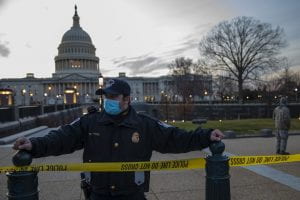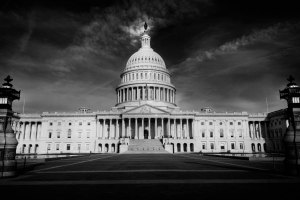The founders of the US argued the necessity of a robust system of public education to support democracy. One of US higher education’s missions was to foster an educated populace who could engage in debate and dialogue. Over the past century, the role of higher education in the US democratic has shifted, and, recently, has become highly politicized. This episode will discuss the current and potential role of higher education in this civic moment.
Our Guest
Dr. Nancy Thomas directs the Institute for Democracy & Higher Education (a/k/a IDHE) at Tufts University. Launched nearly ten years ago, IDHE is what’s called an applied research center, meaning their research informs learning and practice. IDHE has five areas of research: college student voting, campus climates for political learning and participation , political discussion, classroom teaching methods around matters of public concern, and higher education’s role in a democracy in question. In case you haven’t made this connection, Dr. Thomas designed and launched NSLVE (“n-solve”), the National Study of Learning, Voting, and Engagement. NSLVE reports tell us how many of Wash U students voted, with breakdowns by demographics like age and gender, and field of study. She also has a long history of studying discussion, free speech, and inclusion on campuses. Her passion, besides skiing and kayaking and her kids, is around higher education’s role in reinventing democracy to be more inclusive, equitable, and just. She holds a doctorate from the Harvard Graduate School of Education and, as a loyal mid-westerner, a law degree from Case Western Reserve University.
About American Democracy Lab
The American Democracy Lab podcast at WashU brings together experts from different fields and backgrounds to talk about an issue or aspect of our American democracy and where different perspectives may converge.
Launched on Presidents’ Day 2021, the American Democracy Lab podcast is hosted by Associate Professor Alan Lambert and presented by the Gephardt Institute for Civic and Community Engagement in partnership with WashU Engage and the Department of Psychological & Brain Sciences.

